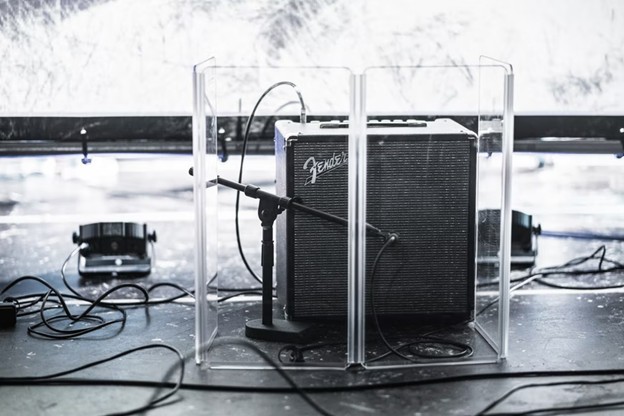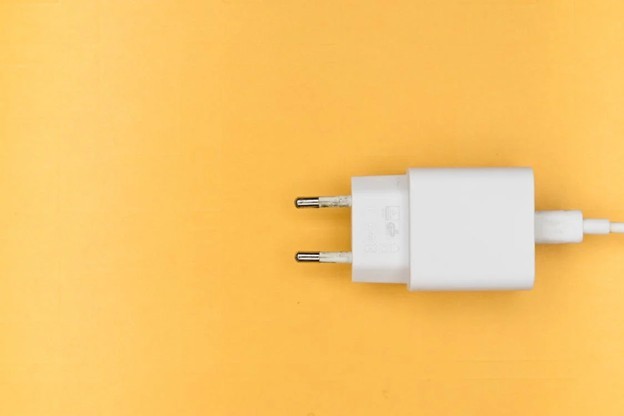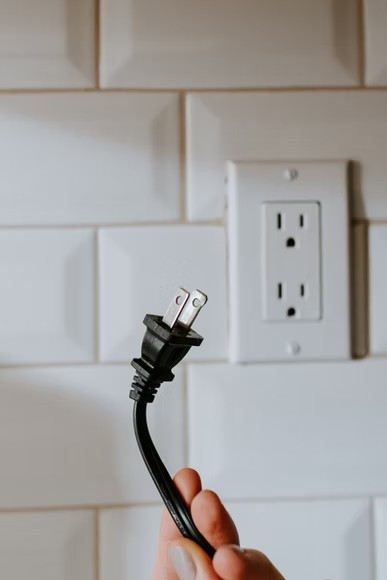views
Homeowners must get power to different places, especially when using different appliances. Unfortunately, there are never enough sockets and power sources. For this reason, a suitable extension cord is crucial since it helps bring power to where you are. But how do you choose the right extension cord to match your needs?
Below are some essential tips you must consider when selecting an extension power.

Imager Address; Unsplash.com
Find the Right Cord for the Environment
It would be best to look at the environment you will be working in. The right extension cord depends on the conditions of the environment. For instance, indoor cords may not be suitable for outdoor usage because they do not have the extra safety trait to guarantee outdoor use.
Depending on the environment, different cords have extra features that make them ideal for the space. For example, an excellent outdoor extension cord will resist weather elements and probably have an added jacket for protection.
Consider the Plug Type
Most extension cords come with a two or three-prong plug. Make sure you choose a plug that coincides with your appliances. There are many choices to make as far as this goes, so you need to consider the appliance's mechanisms. Choose an extension cord that accommodates the needs you have.

Image Address: Pexels.com
Power Rating
This is probably one of their most critical considerations. These cords are powered differently depending on what they will support. Ensure you factor in the appliance's power ratings vs. the cord's power rating. The maximum amperage rating is essential when choosing the extension cord that works for you. There are general guides that come with most of the cords available. Medium duty cords are ideal for household tools, appliances, and stereos. For more powerful appliances, heavy-duty cords are needed.
These support routers, drills, belt sanders, and table saws. If the tools you work with need even more power output, then an ultra-heavy-duty cord is more appropriate. Standard tools include compressors, generators, rotary hammers, and recipro saws. The bottom line is constantly checking the tool's power needs and comparing it with the cord's ability to support it. If unsure about this, discussing it with the professionals or asking for assistance wherever you go shopping at the hardware store is best.
Frequency of Use
Extension cords are needed for specific reasons. Some people need the cords for regular use, while others only want them occasionally. Besides the power of appliances and tools used, how frequently you use the cord matters. Lightweight cords, often about 16 gauge, are ideal for occasional use. These are often used indoors and for running appliances for short periods. A good example would be the cord used when vacuum cleaning.

Image Address: Unsplash.com
On the other hand, we have the 14 gauge cords, which are ideal for medium power and frequent use. They are suitable for equipment such as televisions, drills, and power saws.
Finally, we have the rugged cords, generally heavy and heavy-duty. These often come in 10 and 12 gauges. Such cords are ideal for heavy-duty tools and appliances. They are also used primarily outdoors.
Testing
Just as you pay attention to medicines and food to verify the quality, do the same for extension cords. Stick to products that have been independently tested. Such cords are generally safe because all elements that make an excellent cord have been verified beforehand.
You do not have to worry about such details. A laboratory test proves that the manufacturer did due diligence and that all parameters work. This also means that you can trust the manufacturer for the right cord.
Go for Clearly Marked Cords
Not everyone is electrical-savvy. This means you may not know what to check for when looking for an appropriate cord. Therefore, the possibility of settling for less is high. However, this doesn't have to be the case.

Image Address: Unsplash.com
Choose to go for cords that are marked. Watch out for power details such as voltage and wattage. You may also want to look out for usage instructions. For instance, you should know if the cord is meant for indoor or outdoor use. Such details will come in handy when making the right decision. It is also essential for people to buy extension cords for the first time.
The Cord's Length Matters
Electrical cords come in different lengths even when the power rating and gauging are the same. Some people will want longer cords because they need to use the power away from the primary power source.
However, note that longer cords tend to be unstable because they naturally handle more current than their shorter counterparts, even with similar gauges. If you are concerned about the electrical current, consider going for the shortest cable possible since it offers more stability. In the end, your needs determine a lot.
Final Thoughts
A suitable extension cord is not standard, and people choose cords based on their varied needs. Note that neither of the two people have similar needs. Fortunately, with the variety of cords available on the market, you are almost sure that you will get a cord that suits your current needs. Take time to select what matters. Most importantly, focus on quality and affordability.






















Comments
0 comment